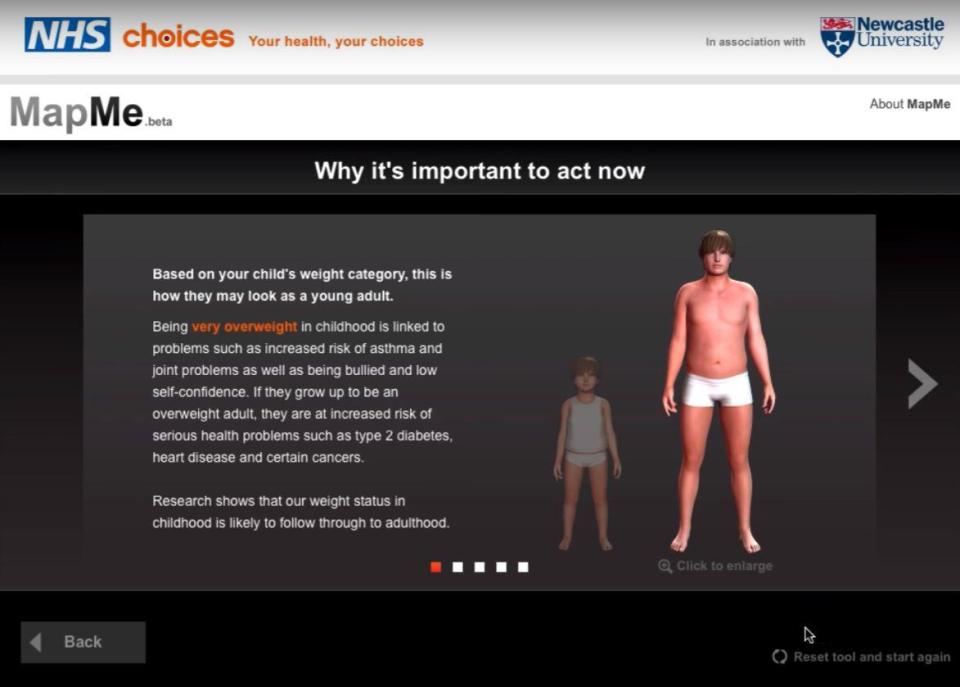
Obesity Awareness Raising: More Harm Than Help
Awareness raising sounds innocent enough. People are forever raising awareness about neglected diseases. Helping people recognize a problem can be a constructive step on the way to solving it – usually. And so it is that some well-intended folks are proposing “shock tactics” to promote obesity awareness. They want to compel parents in the UK to take action and make their children lose weight.
Testing a “Tubby Toddler” Warning
 In a study presented at the European Congress on Obesity, researchers randomized parents of 334 children with excess weight or obesity into three groups. The two test groups received either a paper-based or a web-based simulation of how their child will look if they grow up with obesity. The control group received no intervention except for BMI screening.
In a study presented at the European Congress on Obesity, researchers randomized parents of 334 children with excess weight or obesity into three groups. The two test groups received either a paper-based or a web-based simulation of how their child will look if they grow up with obesity. The control group received no intervention except for BMI screening.
It was a cluster-randomized trial design.
All three groups of children had improved their weight status after a year. Neither of the intervention groups had significantly better outcomes than the control group. But after the fact, the researchers combined the two treatment groups and compared them to the control group. In that post-hoc analysis, they found a p-value of 0.033. Fishing around for a better p-value makes us skeptical.
No time for critical thinking. Cue the offensive headlines about “tubby toddler” warnings. The researchers hope to roll this initiative out into the UK National Health Service
Does Awareness Raising Really Help?
A separate study calls the thinking behind awareness raising activities into question. Michael Daly and colleagues studied a large sample of adults over seven years. They found that identifying oneself as being overweight might actually contribute to poor mental and physical health over time.
Strikingly, we often find people wanting to raise the awareness of people who – unlike them – have excess weight or obesity. Their impulse might be well-intended.
But it’s not helpful.
What’s really needed is better care and better options for people with obesity.
Click here for the paper by Daly et al. For the research on warning parents, click here and click for here for more on its design. For more on the “tubby toddler” stories, click here and here.
Blue Opera House – Autism Awareness Day, photograph © Lee Huy Lam / flickr
Subscribe by email to follow the accumulating evidence and observations that shape our view of health, obesity, and policy.
May 21, 2017

May 22, 2017 at 12:01 pm, U. Inge Ferguson DO said:
Another reason for adults at least to focus on body composition and avoid BMI for individual use other than a screen. The focus optimally should be on the excess visceral inflammatory adipose and treating THAT, not weight or BMI. People are not a BMI, not a weight, not a blood pressure and not an A1C. BMI definitions of Overweight and Obesity are superficial.